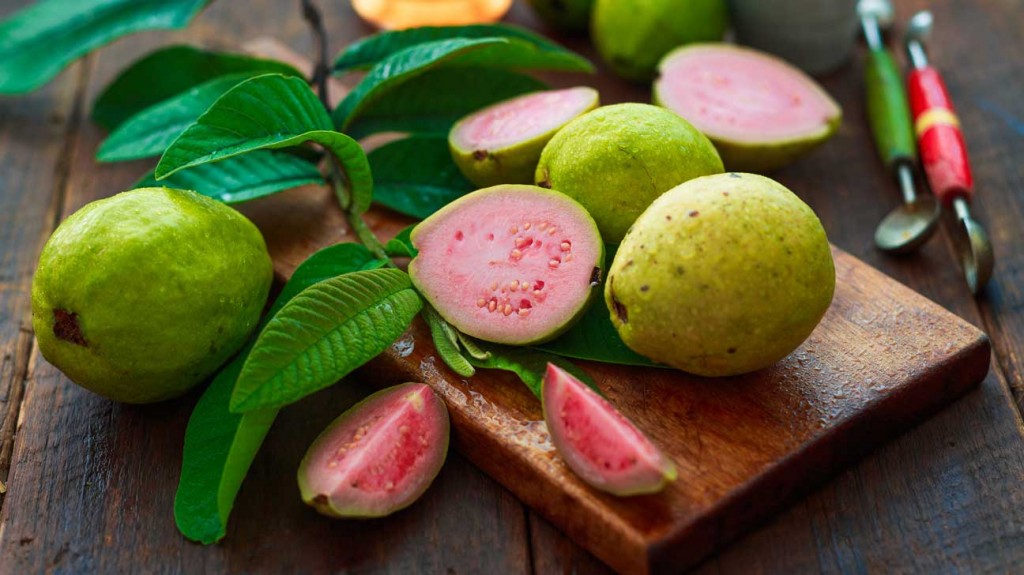How to Manage Seasonal Allergies with Diet and Home Remedies
Ayurveda, the age-old science of life has always emphasized to maintain the health and preventing the diseases by proper diet and lifestyle regimen rather than the treatment and cure of the diseases.
With the change in season, there are various changes in bio-life around us. If the body is unable to adopt itself to stressors due to changes in specific traits of seasons, it may lead to Dosha Vaishamya which in turn render the body to disorders.
In allopathic medicine, there is primarily only a symptomatic treatment but in Ayurveda, it can be managed with simple home remedies and diet.
What is Allergy?
- An allergy is a hypersensitive reaction of the body when it comes in contact with a substance that is in fact harmless.these hypersensitive response comes from the natural immune system.
What are the different types of allergies?
In Ayurveda, there are two types of allergen reactions:
- One is the type that a person is born with which is caused by genetic predisposition. This allergy can be due to certain allergens in the environment such as: dust, pollen etc.
- The second category includes a seasonal reaction or sensitivity that a person has acquired later in life which can be dealt very easily and is the main focus of this article.
What are the causes of Seasonal Allergies according to Ayurveda?
The main cause of seasonal and acquired sensitivities is a reactive type of toxin known as “Amavisha”.
- Ama in the body is created by the incomplete digestion of the food which eventually travel to different organs or tissues in the body and get lodge there.
- If Ama is not flushed out, this Ama interacts with the organs, tissues where it gets settled and it develops into the reactive toxin known as “Amavisha”.
- When substances such as dust, pollen react with Amavisha, this creates a reaction.
- Amavisha disrupts the immune system. As a result, when the immune system is affected by the accumulation of Amavisha, it cannot function normally and loses its Adaptability.
What are the symptoms of Seasonal Allergies?
- Running nose
- Watery and itchy eyes
- Severe itching
- Swelling of the membranes
- Vomiting
- Wheezing
- Sneezing
- Nausea
- Shortness of Breath
- Body ache
- Hoarseness of the voice
- Headache
How to manage Seasonal Allergies with Diet and Home Remedies:
1.Nasal Rinse:
- Nasal rinse or neti-pot is the practice of pouring warm salt water through the nasal passages as it moistens the mucous membranes and cleanses the nasal passage from dust, pollens, excess mucous etc.
2.Gargling:
- If the throat is aggravated, gargling with a bit of honey in hot water is beneficial.
How to use:
- Gargling can also be done with 1 cup of hot water and 1 teaspoon of turmeric powder and 1 teaspoon of natural mineral salt.
3.Cinnamon:
- Cinnamon is very effective in treating seasonal allergies. It also helps in easing the pain of sore throat.
How to use:
- Mix 1/4 tablespoon of cinnamon powder in honey and add it in a glass of lukewarm water. Stir well and consume it once a day.
4.Turmeric Milk:
- Turmeric is considered as the best natural anti-biotic, anti-inflammatory, analgesic, antiseptic.
How to use:
- Add 1/2 tsp. turmeric and ginger paste to 1 glass of milk and boil it for few minutes. Drink it warm. Take turmeric milk regularly for effective and good results.
5.Guava and its Leaves:
- Guava is loaded with Vitamin C, Vitamin A, copper, potassium, folic acid and many other phytochemicals. The leaves of guava are also helpful in treating cold and sore throat by reducing mucus formation, lung congestion and makes the respiratory tract free from infections as it contains iron and Vitamin C in abundance.
How to use:
- The juice of immature and raw guavas or guava leaves decoction should be consumed regularly.
6.Asafoetida:
- Asafoetida (Hing) has anti-inflammatory, anti-biotic and anti-viral properties in curing respiratory disorders such as bronchitis, allergies, common cold etc. Hing acts as a respiratory stimulant that is very useful in releasing phlegm.
How to use:
- Make a fine paste of 1/4 tsp. of Asafoetida, 1/4 tsp. of ginger extract and add little honey. Add this paste to lukewarm water. Consume this mixture twice a day.
7.Herbal Tea:
- Herbal Tea can be prepared at home with the help of ingredients available in the kitchen such as: black pepper, ginger and basil leaves.
How to prepare?
- Take 5-10 black pepper, 1 inch fresh ginger, and 1/2 tsp. dried powder of basil leaves.
- Make the powder of black pepper and add all these ingredients in milk and allow it to boil. Strain it and drink this herbal tea by adding honey into it.
8.Triphala Powder:
- Triphala is a traditional Ayurvedic formula comprised of three fruits which balances all the three doshas in the body. It also has the unique property to gently cleanse and detoxify the digestive tract and nourishes, replenishes and rejuvenates the tissues.
- The digestive strength is intricately related to the immune response so clearing out as well as firing up the digestive capacity can be tremendously helpful.
How to use:
- Take 1 teaspoon of Triphala powder in a cup of freshly boiled water for 10 minutes. Cool it and drink.
What Foods to Eat and Avoid?
- Eliminate dairy products as it increases Kapha dosha in the body. Cheese, creams, yogurt etc. should be avoided.
- Include spices in the diet as they burn Ama in the diet. Spices such as: cumin, black pepper, coriander, turmeric in the diet.
- Eat fresh and well cooked food.
- Foods prepared from the refined flour such as: bread, cakes, pastries, biscuits and fast food should be avoided.
- Avoid fruits such as bananas.
- Avoid cold beverages such as: cold drinks.
- Chew a piece of ginger or garlic.
- Get fresh air and sufficient rest.
- Include herbs such as: Tulsi (Ocimum sanctum), Mulethi (licorice powder), and Indian gooseberry fruit powder in the diet.
Questions:
- What is the cause of seasonal allergies according to Ayurveda?
- Can seasonal allergies be managed at home?
- Why turmeric is used as a natural remedy for curing seasonal allergies?
- Why dairy products should be avoided while suffering from seasonal allergies?










